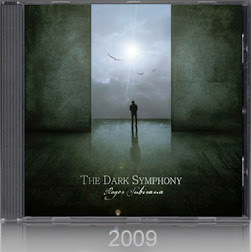These Internet resources I presented to you are very affordable because of an immediate way you can get the documentation you consider more attractive.
It constitutes the first step to approach the Mandaean culture.
-Mandaeans
It constitutes the first step to approach the Mandaean culture.
-Mandaeans
Beautiful photographic history with old images made over a century ago by pioneering studies Mandaeism, Lady Drower.
While a Mandaean priest reading a sacred text, the announcer tells the BBC in English some of the highlights of this forgotten faith and speaks of the persecution they are subjected in Iraq. It also introduces us to some supporters who tell of their experiences.
This video begins with images on a wedding and a baptism typically Mandaeans. Then, introduces the audience to the realities of the community of Baghdad showing the funeral of a murdered police Mandaean and a child who had been kidnapped and tortured and whose family was forced to flee to Syria. It has a good technical quality.
The BBC has been one that has done most to make known the real situation of panic and terror with which the Mandaeans have to live today.
Report by completing a series of articles published in youtube by the BBC about the situation of the Mandaean community.
This six-minute and a half trailer proclaims the situation who daily suffer the Mandaeans in Iraq, especially following the U.S. invasion. Asked to help out a greater number of Mandaeans have allowed political asylum by the U.S.
-Mandaean and Iraqi cities
This series consists of 4 videos tell us in clear and concise form the way of life and problems of the Mandaean population.
















